Cason
Rinker & Baker LLP

Schmidt
Rinker & Baker LLP

Rinker & Baker LLP

Rinker & Baker LLP
very year, the federal government allocates billions of dollars to government contracts in the state of Alaska. In almost every instance, federal funding comes with strings attached. Even state contractors may find themselves subject to federal contracting requirements if they perform work on a state project that has received federal grant funding, as most state projects do.
As we move into 2021, a change in the presidential administration—as well as the swearing in of a new Congress—will lead to shifts in federal contracting policy, which in turn could have significant implications for Alaska’s government contractors.
Over the past four years, executive orders have played a large role in shaping federal policy, including policies that affect contractors on all types of public projects. As the Biden administration transitions into the White House, several of these actions are likely to be immediately reversed. For others, including President Trump’s executive orders related to the Buy American Act, the future may bring tweaks with little ultimate change. Finally, depending on the makeup of Congress in 2021, government contractors may see a significant boost in federal spending on infrastructure projects across the country.
The second is EO 13950, an order from President Trump which prohibited federal contractors from conducting any workplace training that promotes “race or sex stereotyping or scapegoating,” including trainings that convey “an individual, by virtue of his or her race or sex, is inherently racist, sexist, or oppressive, whether consciously or unconsciously.”
Upon taking office, it is likely that the Biden administration will reinstate EO 13495, again granting service employees the right of first refusal for continuing employment, and revoke the prohibition on “critical race theory” trainings by federal contractors.
However, neither of these orders relate to the Trump administration’s most significant policy goal related to federal contracting, which was to expand the use of domestic material and domestic labor on government projects. It is unclear how such orders will be changed in the coming year.
For iron and steel products incorporated into federal projects, EO 13881 instructed the FAR Council to adopt rules requiring at least 95% of the materials to be domestically sourced and requiring the products themselves to be domestically manufactured. For non-ferrous products, EO 13881 instructed that the existing domestic content requirements be increased from 50% to 55%.
EO 13881 expanded upon and added specificity to two previous orders: EO 13858, “Strengthening Buy-American Preferences for Infrastructure Projects,” and EO 13788, “Buy American and Hire American,” from President Trump’s first two years in office. Those orders primarily directed heads of federal agencies to encourage the use of domestically produced steel, cement, and other manufactured goods.
Another order issued by President Trump was aimed at labor. EO 13940 sought to ban federal contractors from replacing U.S. citizens and green-card holders with foreign workers and sought to prohibit the offshoring of work tied to federal contracts. The order also instructed the Secretaries of Labor and Homeland Security to take action to “protect United States workers from any adverse effects on wages and working conditions caused by the employment of H-1B visa holders.”
While it is possible that these executive orders will be modified or revoked in part under a Biden administration, the president-elect has made it clear that he intends to continue the broad policy of encouraging strict Buy American provisions. During his campaign, Biden laid out a plan that included a specialized “Made in America” office within the White House to enforce and oversee measures related to Buy American requirements. In November, Biden stated that “no government contracts will be given to companies that don’t make their products here in America.” Contractors should keep a close eye on the incoming administration’s implementation of these policies, and whether there are any substantive policy changes to current rules.
This plan would include funding for “smart roads, water systems, municipal transit networks, schools, airports, rail, ferries, ports, and universal broadband access” across the country. Depending on which party holds control over the Senate however, the Biden administration may face difficulty passing such a plan, which would require approval of both congressional bodies.
Even still, it appears more likely than not that contractors will see some degree of increased funding for federal projects in 2021.
Consequently, there is a significant possibility for large—and swift—policy changes between administrations, as a new president has authority to immediately revoke or amend their predecessor’s order upon taking office. As such, it is imperative that contractors bound by federal policy remain aware of potential shifts in policy that will impact their work.
This column provides information about the law designed to help users safely cope with their own legal needs. But legal information is not the same as legal advice — the application of law to an individual’s specific circumstances. Although we go to great lengths to make sure our information is accurate and useful, we recommend you consult a lawyer if you want professional assurance that our information, and your interpretation of it, is appropriate to your particular situation.
